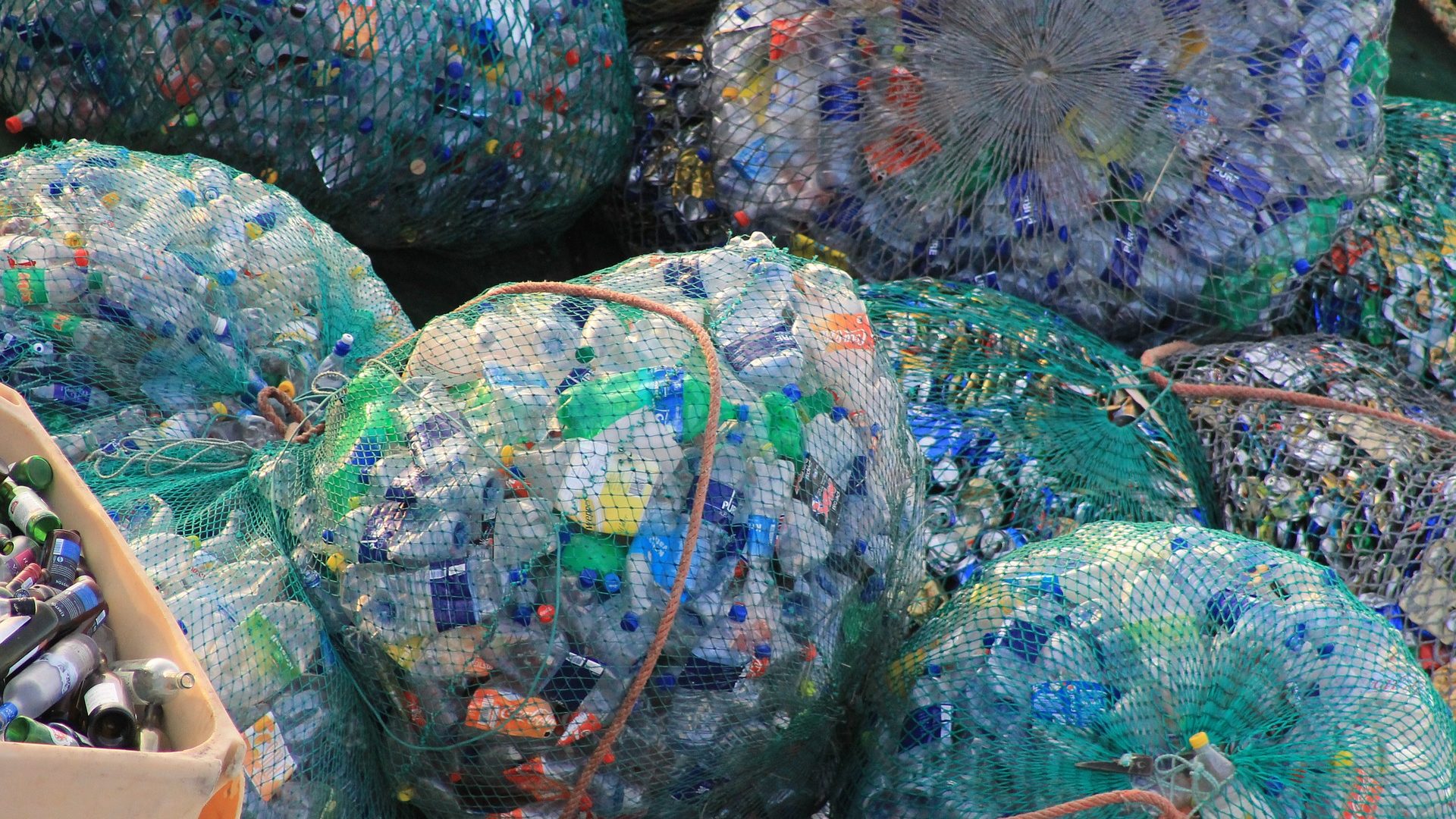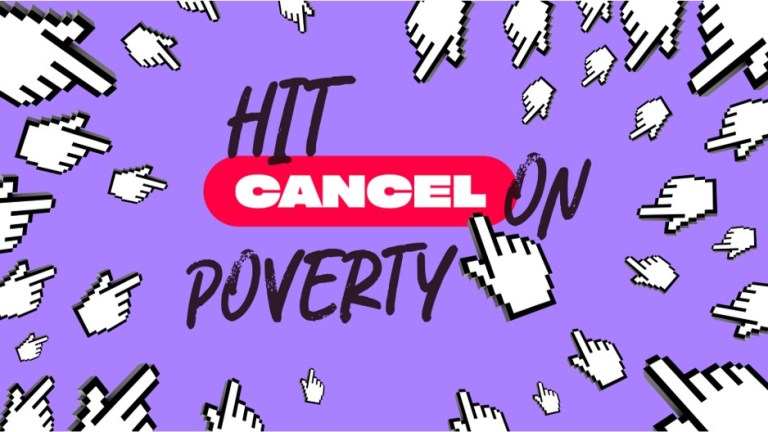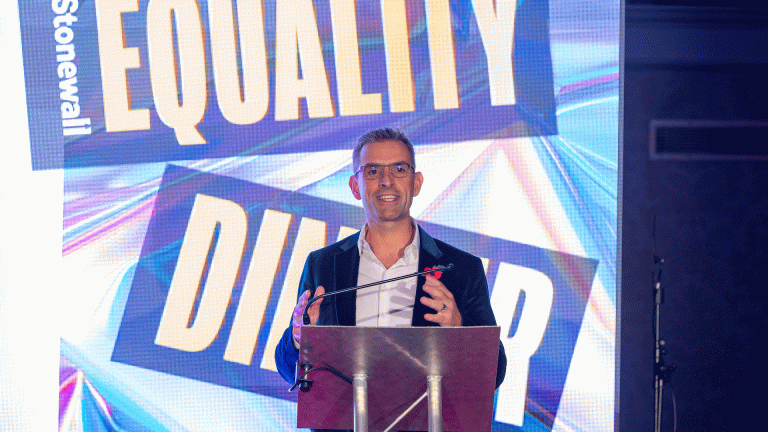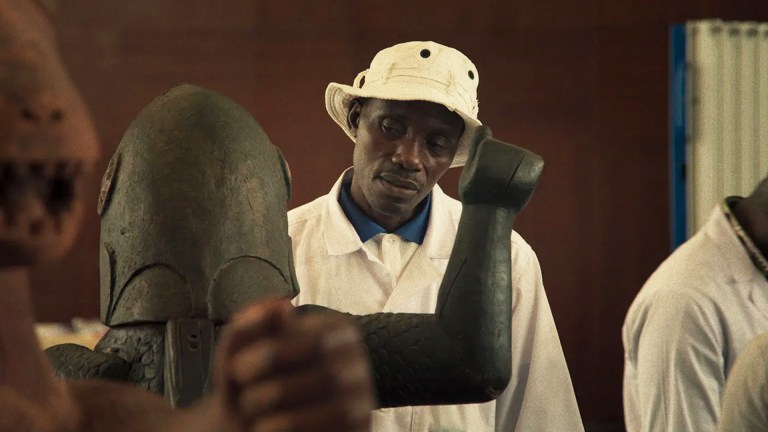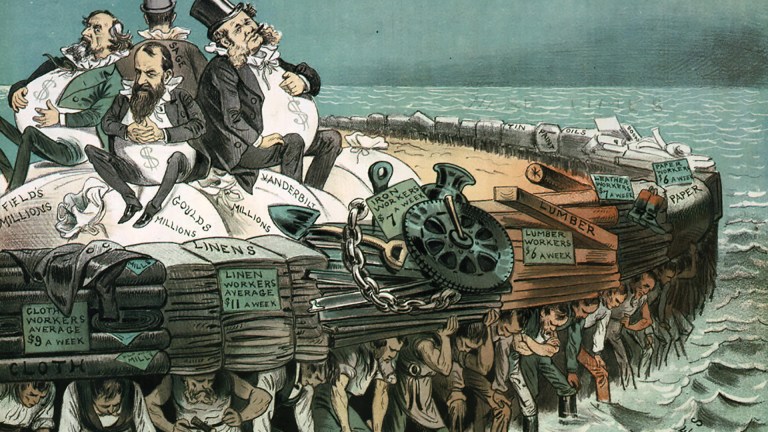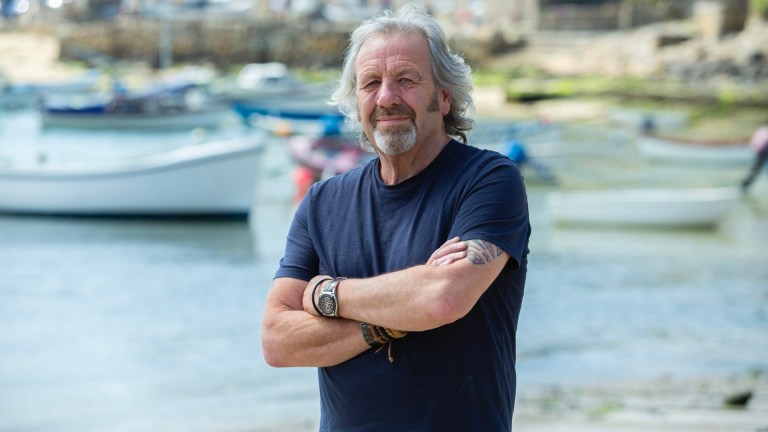It seems recent media coverage, including Blue Planet II and the Daily Mail, has helped to create a watershed moment in the effort to tackle plastic waste. At the launch of the government’s 25-year environmental plan Theresa May thanked the Daily Mail for highlighting the problem and she told Andrew Marr on his BBC1 show: “Nobody who watched Blue Planet will doubt the need for us to do something.”
While that heartstring-tugging episode of David Attenborough’s acclaimed TV programme may have lacked supporting evidence, and with most news outlets simplistically sticking to one viewpoint (that plastic is Satan’s own material), few would argue that the amount of plastic waste, including that which ends up in the ocean, is not a serious problem. And yes that includes those within the packaging industry.
Many brands have been moving towards making as much plastic packaging as possible recyclable, which is sensible as long as the recycling infrastructure receives adequate investment, but replacing plastic altogether would be far more problematic. When Iceland announced its ‘plastic-free’ targets, managing director, Richard Walker was seen on Channel 4 News holding a paper box which he said is replacing plastic containers, before turning it over to reveal a plastic lining. Replacing that with a water-based spray would be the second step, he said.
Do the 200 MPs calling on major supermarkets to eliminate plastic packaging by 2023 know if that’s practical?
This highlights the vital role plastic plays in keeping food fresh and that it is not the one dimensional cartoon villain it’s often made out to be. It also proves that, realistically, a suitable replacement – water-based or otherwise – might not be available in the immediate or near future. It could be easier with beverage containers, with glass and metal providing time-honoured alternatives.
Some reasons why many producers opt for plastic for drinks bottles are its light weight and greater toughness, design flexibility and economical production. Basically, despite all the great qualities and recyclability glass and aluminium offer, plastic is cheaper and more durable. Rather than reverse the trend one would imagine the inclination would be to go as far as possible down the plastic recycling route until a viable alternative becomes available. After all, a key phrase when talking about tax and bans on plastic is single use.
Big companies are making the right noises. Drinks giant Coca-Cola has just announced its new packaging vision ‘World Without Waste’, including a multi-year investment featuring ongoing work to make packaging 100 per cent recyclable. The company is committing to building better bottles, whether through more recycled content, by developing plant-based resins, or by reducing the amount of plastic in each container.

